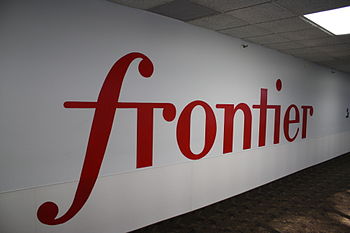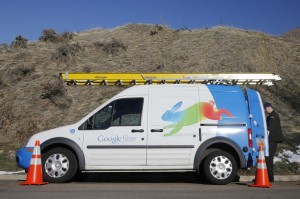The FCC acknowledges that all packets are not equal, and that some can benefit from a little prioritization over other packets that are not time sensitive. OTT providers can take advantage and benefit from this fact to deliver a quality of service equivalent to the incumbent providers.
By Jacob Kastrenakes and Ben Popper
Online television is taking off in a major way, and now some of the biggest providers are looking for assurances that they can keep delivering their content reliably. According toThe Wall Street Journal, HBO, Showtime, and Sony have all been speaking with internet providers, including Comcast, about the possibility of being treated as “specialized services,” separating them out from other internet traffic and essentially giving them a fast lane to consumers. Though fast lanes are explicitly prohibited under the FCC‘s new net neutrality rules, these fast lanes actually fall in a strange gray area that’s yet to be explored. Continue reading









